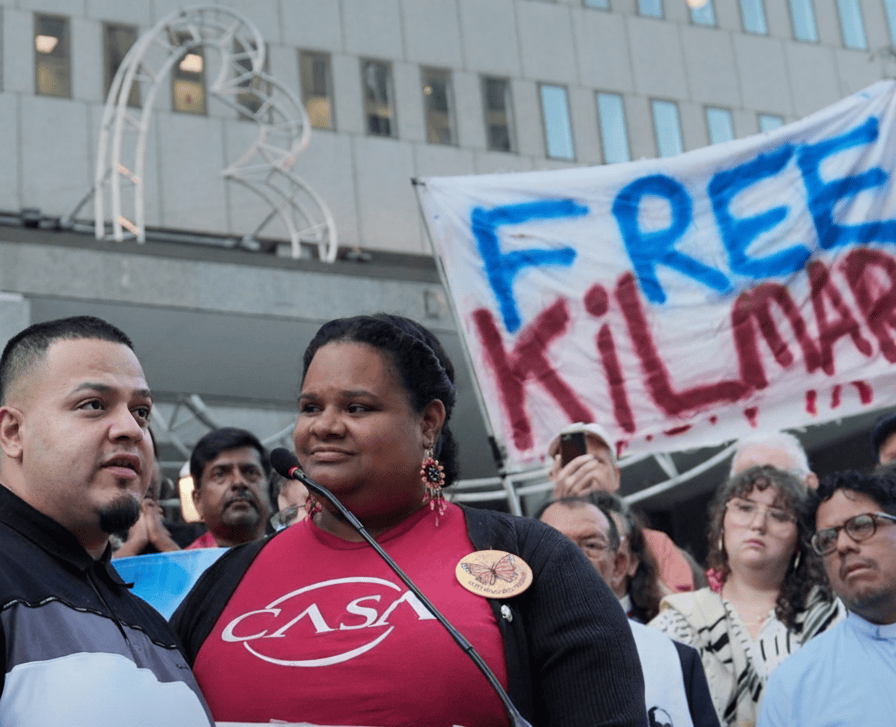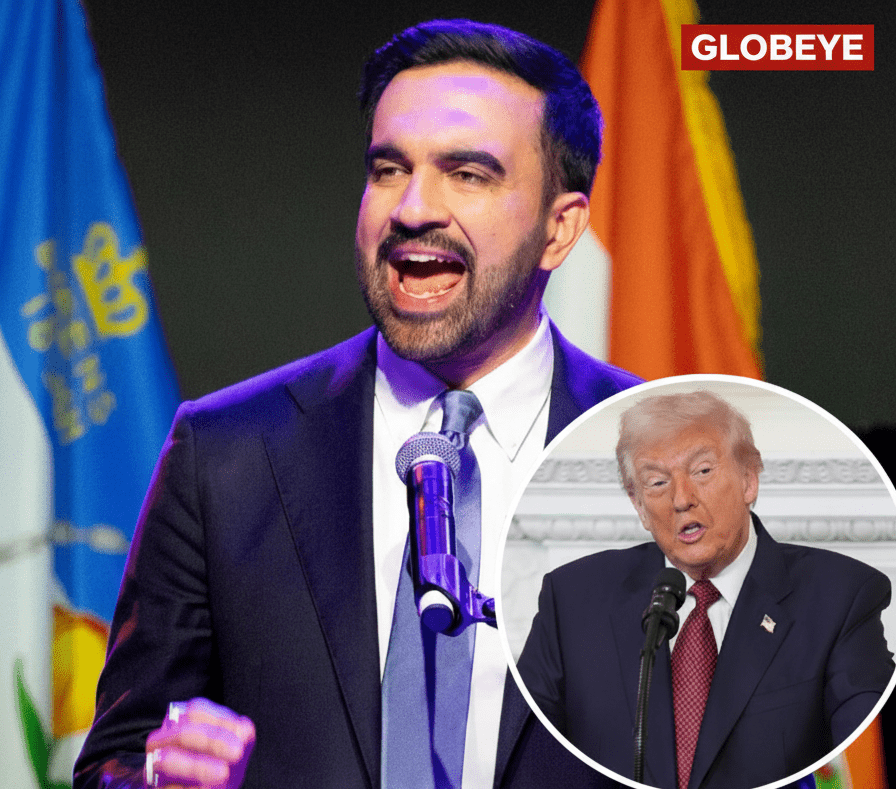Federal Judge Says DOJ May Have Acted ‘Vindictively’ in Human Trafficking Case Against Kilmar Abrego Garcia, Orders New Hearing
In a rare rebuke of the U.S. Department of Justice, a federal judge ruled that alleged MS-13 member Kilmar Abrego Garcia should receive a new hearing after finding that the DOJ may have acted “vindictively” in its handling of his human trafficking prosecution. The ruling, handed down on October 3, has reignited national debate over how far prosecutors can go in pursuit of convictions — especially in politically charged immigration cases.
Kilmar Abrego Garcia, a Salvadoran national, was accused of involvement in human trafficking and gang activity — charges that carry heavy penalties and have often been used in cases involving suspected MS-13 members. But Garcia’s defense argued that the charges were not only exaggerated but possibly politically motivated. The judge’s ruling suggests that the DOJ’s actions could have been aimed at ensuring his deportation rather than serving the interests of justice.
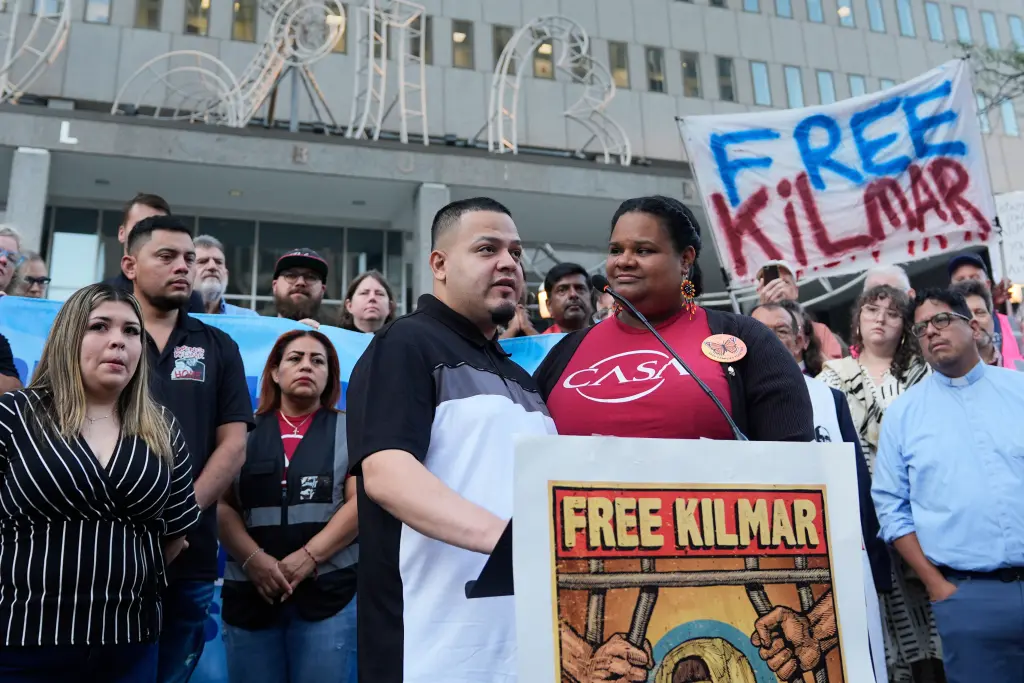
Supporters of Garcia gathered outside the courthouse following the announcement, holding banners that read “Free Kilmar” and chanting in support of what they call a fight for fairness and due process. The emotional rally included advocates from immigrant rights groups like CASA, which has been vocal in condemning what it describes as “weaponized prosecution” against immigrants.
The judge’s decision does not immediately free Garcia, but it does mark a critical shift in his case. A new hearing will now allow his legal team to challenge the government’s conduct — an opportunity rarely granted in federal court. Legal experts note that “vindictive prosecution” is one of the hardest arguments to prove because it requires showing that the government’s motive was retaliation or bias rather than the pursuit of justice.
In this instance, the court pointed to several troubling aspects of the case, including how prosecutors escalated charges after Garcia sought asylum protections and challenged prior immigration rulings. The judge suggested that these actions could indicate punitive intent, particularly given that some of the government’s evidence had already been dismissed in earlier proceedings.
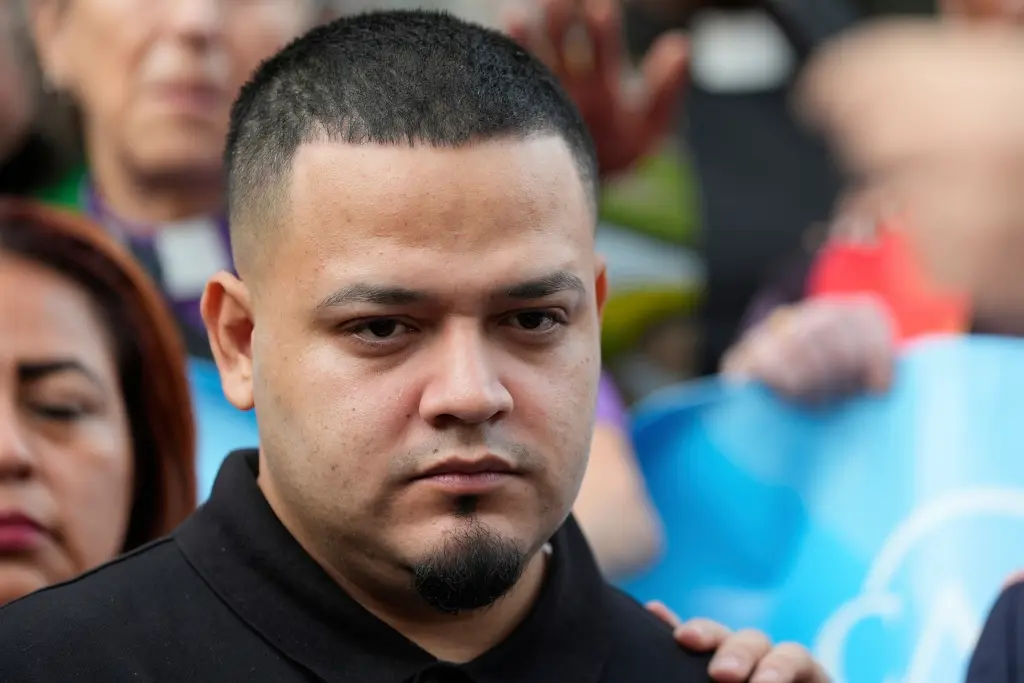
Immigrant rights groups have called the ruling a victory, though a cautious one. “This doesn’t end the fight,” said one CASA representative at the rally. “But it proves that the system can still recognize when power has been abused.” They described Garcia’s case as emblematic of a broader issue — how immigration enforcement has, at times, blurred the lines between criminal justice and political agenda.
Critics, however, warn that the decision could set a dangerous precedent if it’s seen as softening the government’s approach toward violent gangs. Officials have long maintained that MS-13 remains a major security concern, with deep ties to human trafficking and organized crime across Central America and parts of the U.S. Yet Garcia’s supporters insist there’s no clear evidence linking him to such activities, accusing prosecutors of building a narrative to justify deportation rather than justice.
As the case moves forward, Garcia’s legal team will likely seek to expose internal DOJ communications and procedural decisions that could confirm retaliatory motives. For now, the new hearing offers a rare second chance — both for Garcia and for a justice system wrestling with the balance between law enforcement and fairness.
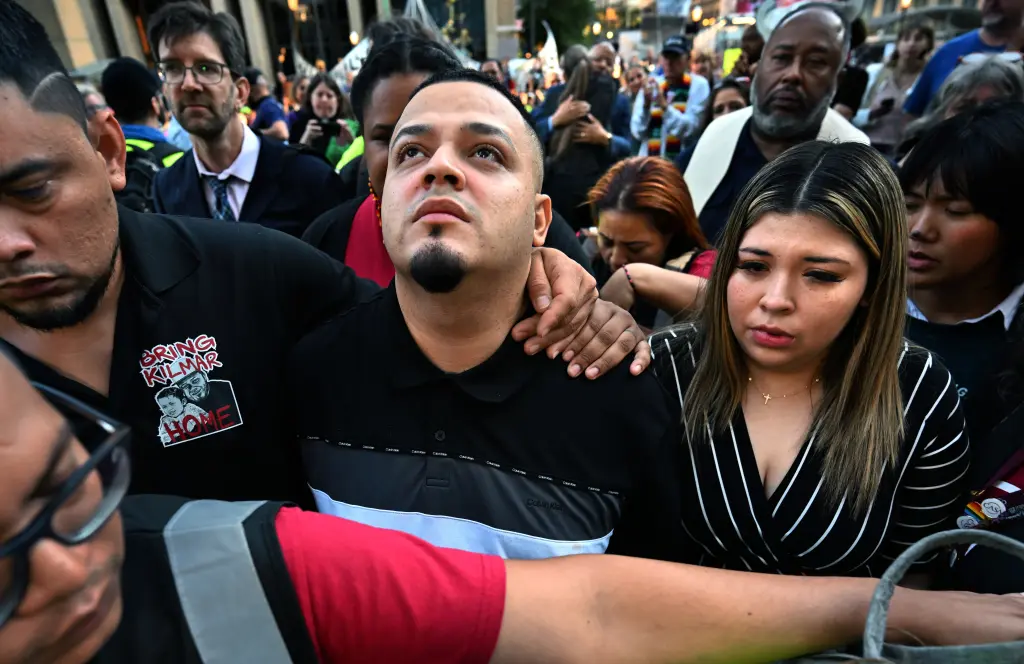
The Department of Justice has yet to issue a formal statement in response to the ruling. However, sources close to the agency say an appeal is possible, especially given the potential implications for ongoing human trafficking and gang-related cases.
For Garcia’s family and supporters, though, this moment represents hope — fragile, but real. After years of fighting deportation and facing what they call systemic bias, they now see a path toward vindication. “We’ve been waiting for someone to see the truth,” one supporter said outside the courthouse. “Maybe this is the beginning.”
